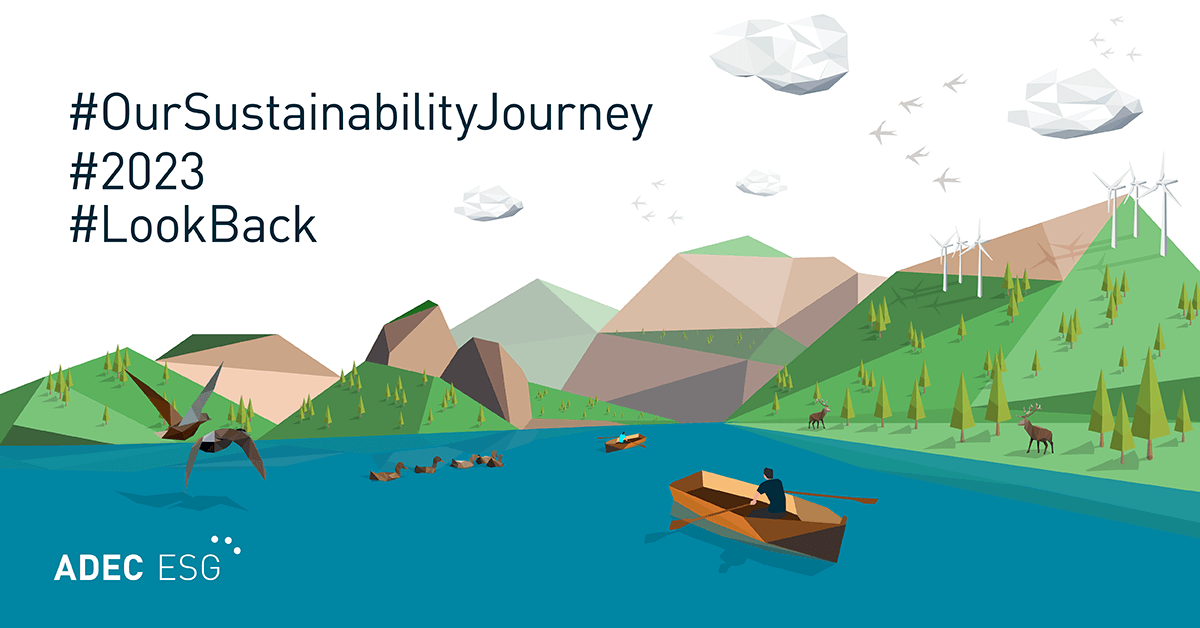Constant information flow and growing environmental consciousness — the interweaving of these two factors upholds Corporate Social Responsibility (CSR) more as a business necessity than a mere option. As daily lives are affected by the changing environment, people are more likely to seek and share information about all business types; so operating sustainably can bring rewards.
With modern communications technologies democratizing the availability of information, stakeholders from all walks of life are making more informed decisions. Efforts to communicate CSR efforts are now an essential part of businesses. In other words, they are only as good as how well they are communicated. For a business to succeed amidst heightening environmental consciousness, not only does a company have to engage in CSR, but they must also find ways to report their CSR endeavors to stakeholders in forms that resonate with them.
CSR Reporting is a Differentiator
In this fast-paced world, one of the quickest and easiest ways that companies can communicate their CSR initiatives is through their product’s package or label. In fact, in the 2013 Cone Communications Global CSR Study, 24% of respondents agreed that reading product labels is the most preferred way of learning about a company’s CSR activities, surpassing eight other communication mediums.
The 2013 Cone Communications Global CSR Study emphasizes the importance of consumer purchase in the simultaneous success of CSR initiatives and business. Almost all of the respondents in the Cone Communications study (91%) said that they will more likely patronize products and services that are for a good cause over those that aren’t.
With companies indicating in their product labels that they recycle, conserve water or energy in manufacturing their goods, not only do they report their CSR efforts to consumers but they also have opportunities to gain loyal customers.
With the growing availability of CSR reports, lenders and investors are now aware of the importance of financing businesses which demonstrate innovativeness and environmental-change-readiness by operating sustainably today. One of the reputable institutions that capital markets turn to for credible sustainability reports is CDP. Having the largest repository of companies’ annual sustainability performance reports, CDP propagates transparency on the environmental risks and opportunities associated with a business by sharing such reports. For example, investors can request CDP reports. The CDP data is picked up and reported by a variety of financial reporting initiatives like Bloomberg, and the DOW Jones Sustainability Index uses CDP data in its scoring processes. From this, CDP asserts that companies who report their environmental CSR performance are more likely to gain access to capital with which they can expand their business along with their CSR endeavors.
Authenticity is Essential to Both CSR Initiatives and Reporting
One thing that companies are having to deal with nowadays is that stakeholders are information-savvy—they are on the lookout to not only understand a company’s position relative to CSR, but to verify and ensure that companies are honest about their CSR activities and reports. To reap the benefits of CSR reporting, companies have to communicate the actual results and impacts of their CSR efforts, and do so honestly. As the Cone study claims, 85% of consumers worldwide prefer honest CSR reports—successes, failures and all.
ADEC ESG understands that quality CSR reports can only be derived from complete, accurate, and pertinent data. Learn more about our work on CSRs for global companies, or contact us today to get a clearer picture on how we can support your organization.




